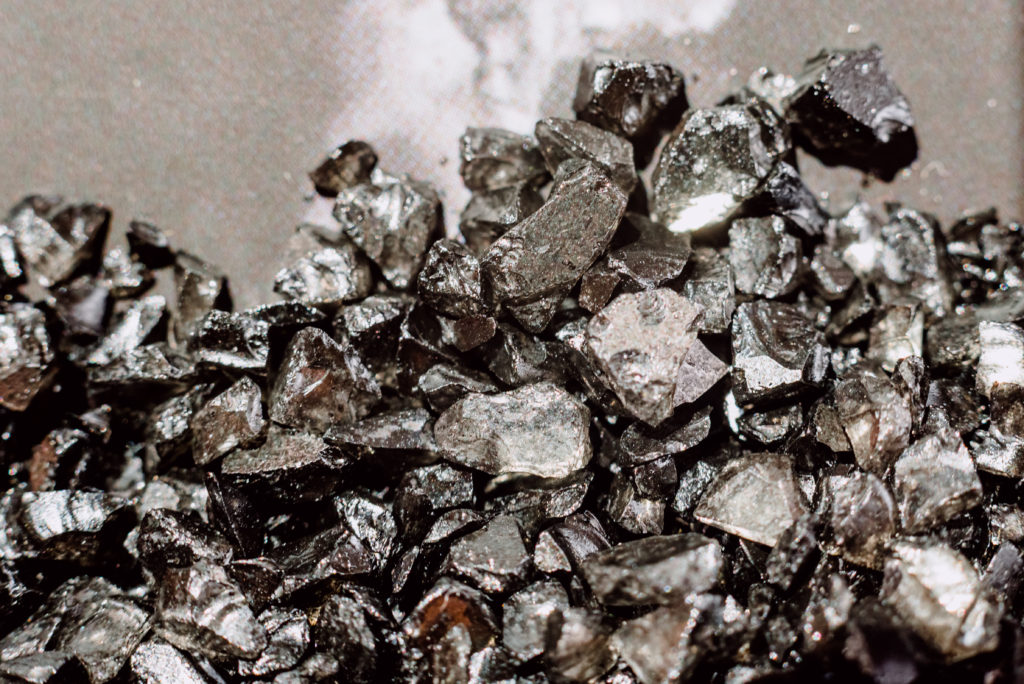Staff Writer | May 17, 2023 |

Rare earths. Stock image.
Rare earth recycling company HyProMag, formed by researchers from the University of Birmingham’s School of Metallurgy and Materials, is being acquired by Maginito Ltd.

It is a deal that aims to catalyse the scale-up and international roll-out of technology first piloted at the University of Birmingham and forming the basis for the UK’s first full scale remanufacturing facility for rare earth magnets at Birmingham’s Tyseley Energy Park being developed later this year.
HyProMag’s core technology is the based upon the patented process – Hydrogen Processing of Magnet Scrap (HPMS), which was originally developed within the University’s Magnetic Materials Group to extract rare earth magnets from scrap and redundant equipment and subsequently licensed to HyProMag.
Rare earth magnets play a key role in clean energy technologies including electric vehicles and wind turbine generators. They are also a key component in electronic devices including mobile phones.
“Rare earth magnets are one of the building block materials for clean growth, but the recycling rates for these magnets are very low, less than 5%,” Professor Allan Walton, Head of the Magnetic Materials Group at the University, and co-founder of HyProMag, said in a statement.
“The technologies developed in the MMG target the key challenges in order to efficiently extract these materials from a wide range of scrap sources, and to re-process these materials with a minimal environmental impact compared to primary production.”
Mkango / Maginito have been a strategic partner for both the University and Hypromag since 2018, with multiple joint research projects in the UK and EU. Over the last two years these projects have taken the HPMS process up the TRL levels to de-risk the technology.
“The investment from Maginito paves the way to fully commercialise the HPMS process and to take this technology to the global market,” Walton said.
The companies said they have a shared vision to create a large-scale, international business focused on downstream rare earth technologies, with major competitive advantages in the rare earth recycling sector, including the patented energy-efficient technology for recycling magnet scrap.
HPMS is used to reduce permanent magnets containing neodymium (Nd) iron (Fe) and boron (B) to a demagnetised powder. The technology was developed by the late Professor Emeritus Rex Harris, former Head of the University’s Magnetic Materials Group, with Professor Walton.
A pilot plant for HPMS recycling opened at the University of Birmingham last year, and work is now underway to build a large scale ‘short loop’ recycling facility at Tyseley and other locations.
The Tyseley plant is being developed with the University of Birmingham and is expected to have a minimum production capacity of 100 tonnes a year.
The £4.3 million project is being funded by Driving the Electric Revolution, an Industrial Strategy Challenge Fund delivered by UK Research and Innovation.
No comments:
Post a Comment